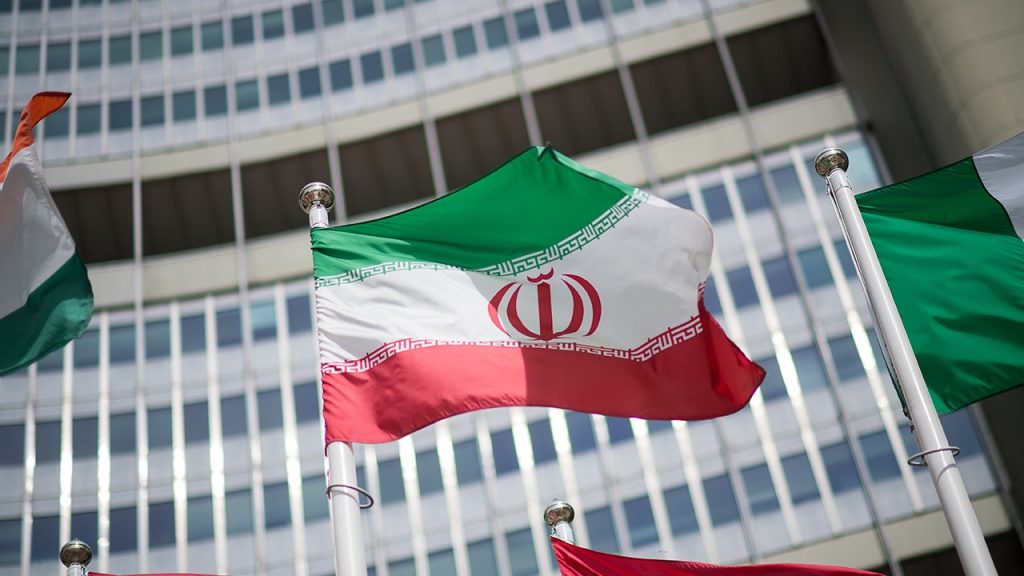Iran’s Foreign Minister accused the United States of giving Israel the green light for a strike on its consulate building in Syria that resulted in the death of seven Iranian military officials, including two generals. The attack is widely blamed on Israel and has prompted vows of retaliation from Tehran. Hezbollah leader Hassan Nasrallah voiced support for a military response from Iran. The escalation in targeting Iranian military officials has increased tensions in the Middle East, with clashes between Israel and Lebanon’s Hezbollah intensifying. Hamas, which is supported by Iran, has also been involved in recent attacks on Israel, creating a complex web of alliances and conflicts in the region.
The recent attack on Iranian military officials in Syria, particularly the death of Gen. Mohammad Reza Zahedi, has been a significant blow to Tehran. Zahedi’s role in Lebanon and Syria was highlighted by Hezbollah leader Nasrallah in a public address. Iran has vowed to respond to the attack, with Nasrallah stating that it is the Islamic Republic’s natural right to do so. The killing of Zahedi and Hezbollah’s elite commander have further escalated tensions on the Israel-Lebanon border. Israel, which rarely acknowledges striking Iranian targets, has not commented on the consulate attack in Syria. The Biden administration has denied having advance knowledge of the airstrike, while Washington remains a key military ally of Israel.
Hezbollah has tens of thousands of battle-hardened fighters and an arsenal of missiles that pose a serious threat to Israel. Israeli airstrikes in southern Lebanon have killed key Hezbollah commanders, sparking fears of a new all-out war between the two sides. Washington and Paris are working to find a diplomatic resolution to prevent further escalation of violence in the region. The risk of war spreading to Lebanon is exacerbated by existing political tensions within the country, particularly between Hezbollah and the nationalist Christian Lebanese Forces party. The recent kidnapping and killing of a Lebanese Forces local official has further strained relations, with Hezbollah being accused of involvement despite denying any connection to the incident.
Iran has reiterated its commitment to retaliate against the attack on its consulate in Syria, holding the United States responsible for giving Israel the green light to carry out the strike. The involvement of Iran-backed militant groups in the region, particularly Hezbollah in Lebanon, has added to the complexity of the situation. The killing of Iranian military officials has escalated tensions and increased the risk of a wider conflict involving Israel, Lebanon, and other regional actors. The ongoing struggle for power and influence in the Middle East continues to fuel instability and violence, with diplomatic efforts underway to prevent further escalation and find a peaceful resolution to the current crisis.


